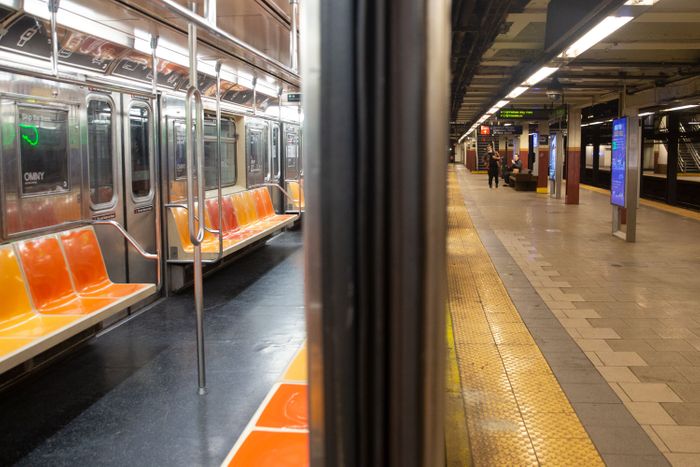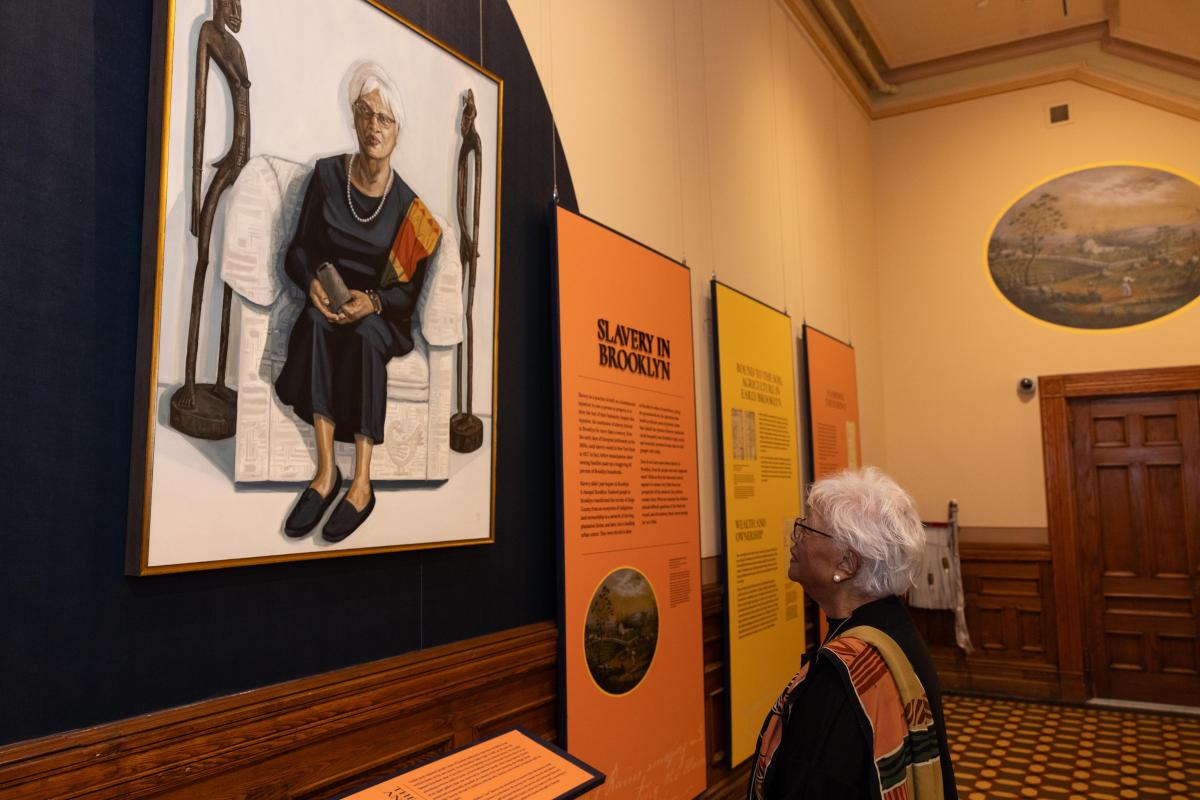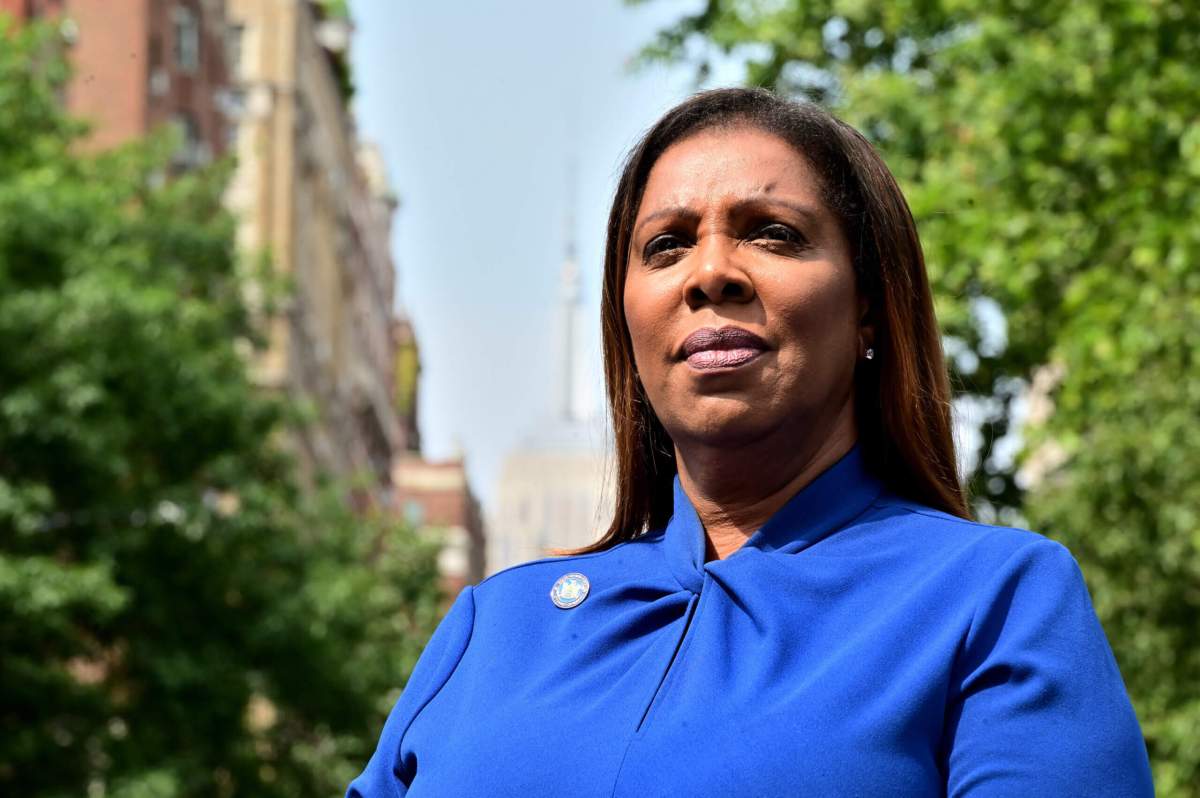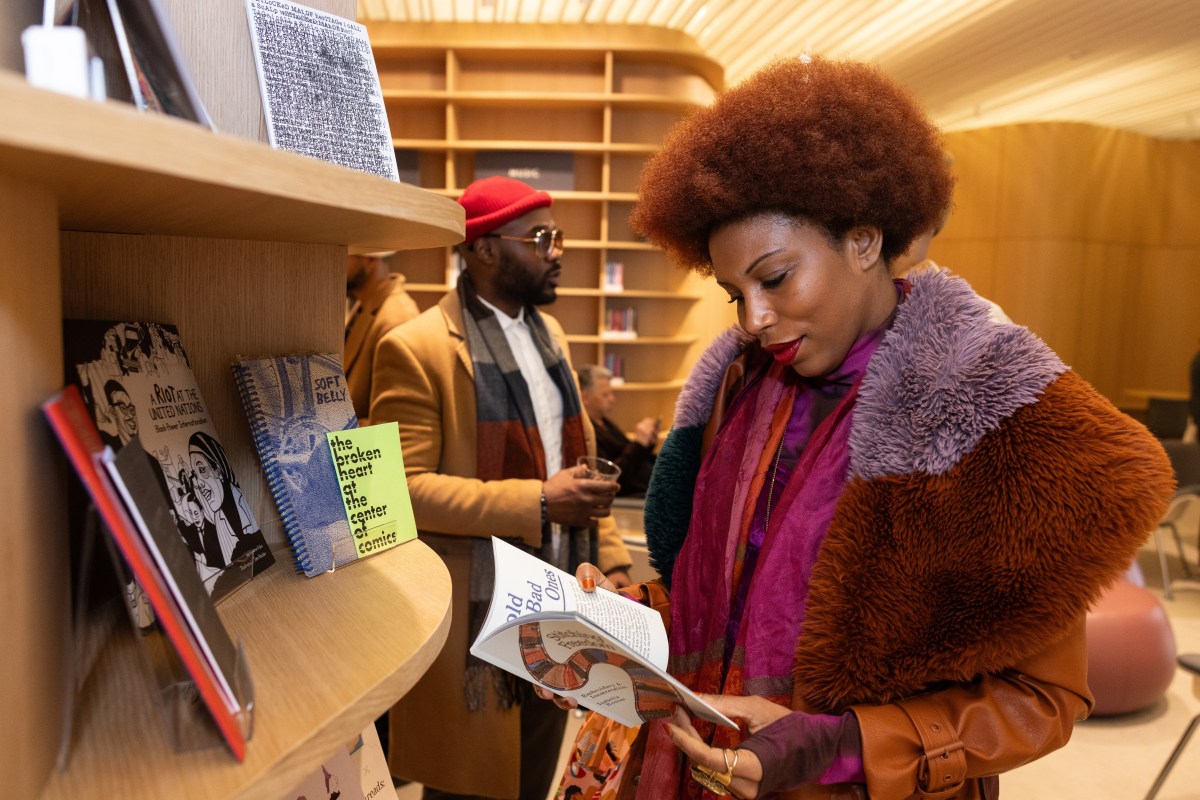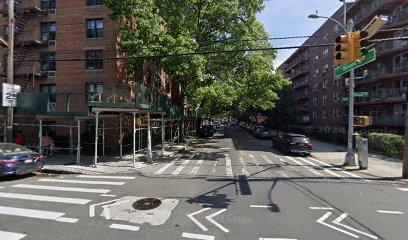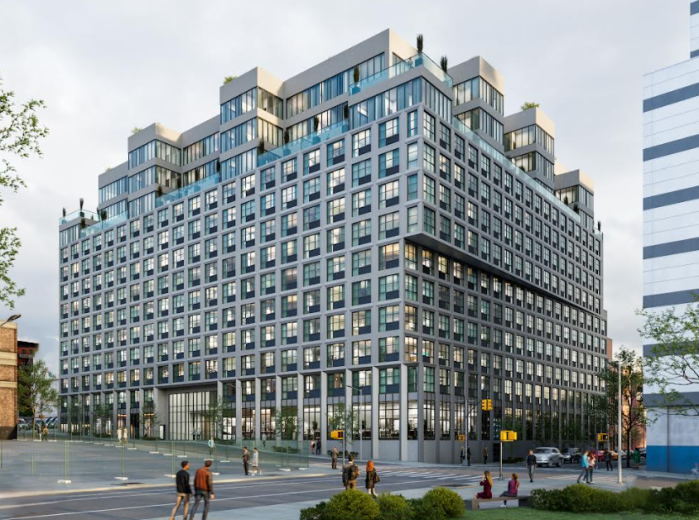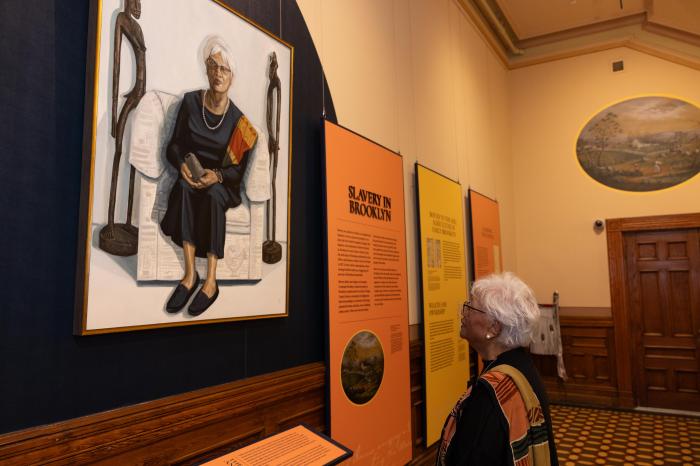By Jose Martinez

This story was originally published on April 26, 2020 by THE CITY.
At the Fort Hamilton Parkway stop in Brooklyn, a “naked individual” delayed F trains while “chasing someone on and off the train.”
At Rockaway Boulevard in Queens, two A train riders squared off, one swinging a heavy chain, the other armed with brass knuckles.
And at New Lots Avenue in Brooklyn, an “emotionally disturbed male customer” with multiple facial tattoos was grabbed by police after trying to light advertisements on fire aboard a No. 4 train.
Those encounters offer a snapshot into the more than 300 “unruly person” reports filed by train crews during the first three weeks of April — a number in the ballpark of past years’ disruptions, even as the coronavirus crisis has sunk subway ridership by more than 90% from the same time last year.
“It’s creepy,” said Jeanette Toro, 67, of Bay Ridge, who has taken the R train on trips to the Costco in Sunset Park. “The stations look creepy, the subway cars look creepy.”
Incident reports obtained by THE CITY paint a bleak picture of what transit workers, NYPD officers and the remaining riders in the subway system are up against during the COVID-19 pandemic.
“It’s a cocktail of fear and anxiety right now,” said Eric Loegel, the Transport Workers Union Local 100 representative for train operators and conductors.
‘Frustrated and Furious’
MTA figures show that more than 5.4 million weekday trips were taken on the subway in April 2019. Now, the agency is providing what it calls “essential service,” with trains running at reduced frequency and no scheduled runs on the B, C, W and Z lines or the 42nd Street Shuttle. Riders are taking fewer than 270,000 trips a day.
There were, according to sources, 435 “unruly person” reports last year for the three-week period starting April 1. The 309 incidents this April are more in line with figures from the three years prior to 2019, and come with ridership at a modern-day all-time low.
Among the incidents, according to reports, was an April 15 call from the Atlantic Avenue-Barclays Center stop in Brooklyn, where someone identified as a “homeless person” turned a car on a Q train into a toilet and forced it to be taken out of service.
On April 5 at East 180th Street in The Bronx, police removed a person who exposed themselves while on a No. 2 train.
On April 2, another report says, a man in a wheelchair whipped out a knife and threatened others while on an A train 125th Street in Harlem during the morning rush.
Sarah Feinberg, the interim president of New York City Transit, said “it is outrageous that a transportation agency is conducting social services in place of the city.”
“Our workforce and our customers are frustrated and furious and they have every right to be — and I feel the same way,” Feinberg told THE CITY. “The city has failed our most vulnerable who are in desperate need of mental health care and housing services.”
Mayor Bill de Blasio has denied that the subway homeless situation is “out of control.”
‘These People Need Help’
THE CITY reported last week that subway robberies in March jumped by 55% over the same month in 2019, leading transit officials to bring in MTA police officers and uniformed private security guards to boost the uniformed presence in stations that are patrolled by the NYPD.
Patrick Lynch, president of the New York City Police Benevolent Association, said police officers are “ending up in too many dangerous situations with unstable people.”
“New York’s political class chose to gut our mental health system,” Lynch told THE CITY. “They chose to open a revolving door for dangerous repeat offenders. Now that we’re in the middle of a crisis, those failures are magnified.”
In a statement, a police spokesperson said officers are “committed to protecting our communities and will continue to address crime conditions as they arise during the COVID-19 pandemic.”
“The men and women of the NYPD continue to address and adapt to crime conditions in real time and implement a variety of strategies… focused on the drivers of violence and disorder,” the statement read.
But dozens of riders who are still commuting by subway, along with transit workers, told THE CITY they feel less secure on trains and in stations these days.
One subway conductor reported recently being threatened by a man he asked to move multiple bags and a shopping cart from in front of train doors. The conductor added that he’s seen an uptick in fights on the train, including one in which a knife came out.
“They go from one train to the next. It feels like a revolving door,” said the conductor, who asked not to be identified by name. “These people need help.”
This story was originally published by THE CITY, an independent, nonprofit news organization dedicated to hard-hitting reporting that serves the people of New York.



